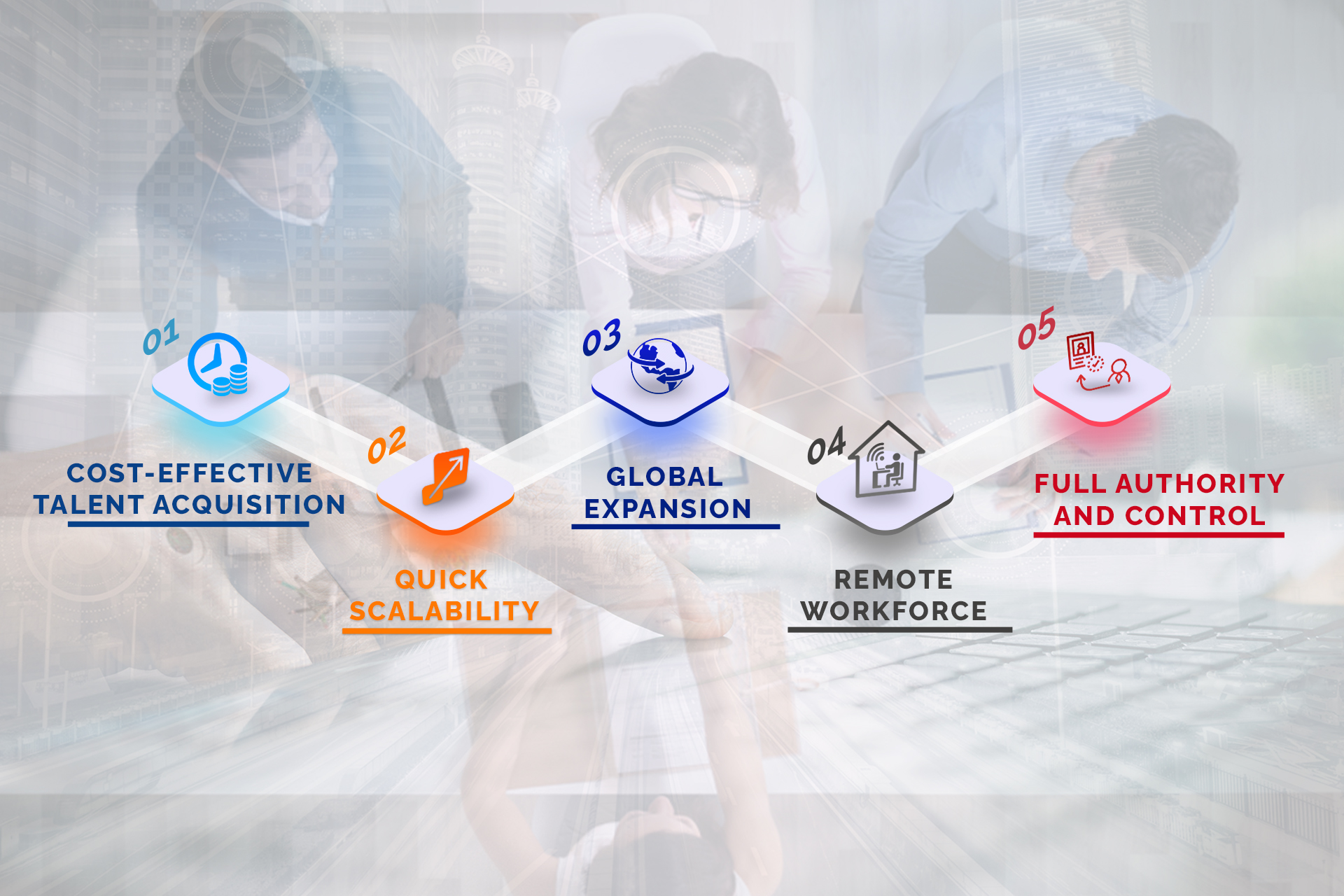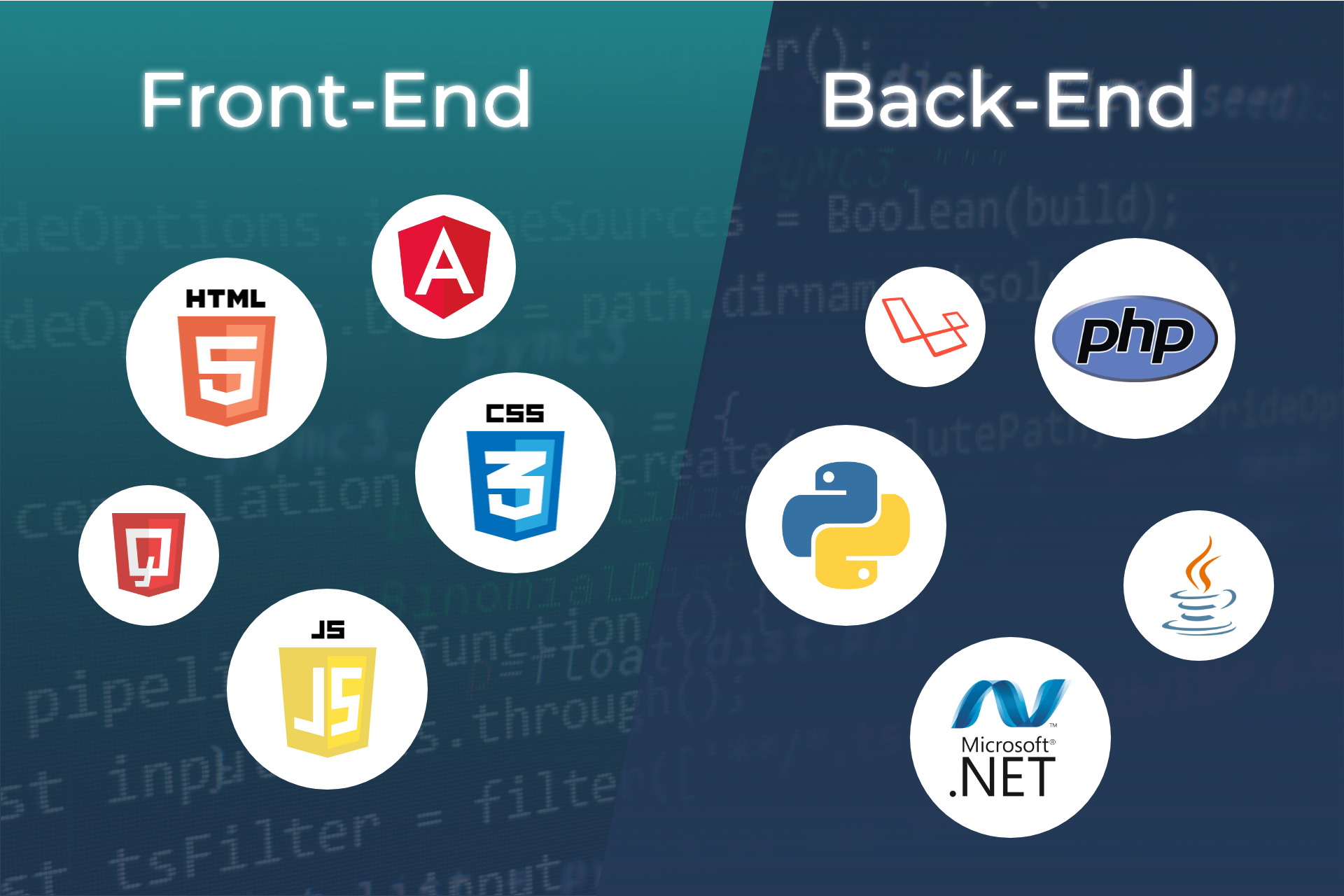
Going Beyond the Price Tag: Understanding the Real Impact of Custom Software Solutions
By Admin
Custom software solutions have become increasingly popular as businesses seek tailored tools to streamline processes, enhance productivity, and gain a competitive edge.
However, investing in custom software requires thoroughly evaluating the associated costs and benefits. Businesses often tend to take the plunge just with the development cost and forget the recurring overheads.
On the other hand, many business owners are holding back on getting a custom software solution for their business just because they are unaware of the long-term benefits it brings for any organisation.
In this blog, we aim to provide a comprehensive framework to guide you through a custom software cost-benefit analysis, ensuring you make an informed decision for your business.
The 'Real' Costs of Custom Software Solutions
1. Initial Development Costs
a. Planning and Project Management: Before development begins, you'll need to allocate resources for project planning, including gathering requirements, defining the scope, and outlining project milestones. This phase also involves selecting the right development team, which can significantly impact the project's cost and success.
b. Design and Development: The core development phase entails creating custom software, from designing the user interface to coding the application logic. The cost of this stage depends on various factors, such as the complexity of the project, the required technologies, and your development team's expertise.
c. Quality Assurance and Testing: Ensuring the reliability and performance of your custom software is crucial. Quality assurance and testing involve identifying and resolving any bugs or issues before deployment. This stage may require additional resources, depending on the software's complexity and the need for specialised testing tools.
2. Ongoing Maintenance and Support Costs
a. Software Updates and Bug Fixes: Custom software solutions require regular updates to remain compatible with changing technologies and to address any newly discovered issues. This ongoing maintenance incurs additional costs, which should be factored into your cost-benefit analysis.
b. Technical Support: Providing technical support to your users is essential for the smooth functioning of your custom software. This may include hiring dedicated support staff or outsourcing support to a third-party provider, which involves recurring expenses.
c. Additional Feature Development: As your business evolves with time and expands with growth, you may need to add new modules or features to your custom software. This will require further investment in development and testing.
The Benefits of Custom Software Solutions
1. Enhanced Efficiency and Productivity
a. Streamlined Business Processes: Custom software solutions are tailored to your business needs, allowing you to optimise your business processes and workflows to reduce redundancies. This can lead to significant productivity gains and cost savings.
b. Automation of Repetitive Tasks: By automating routine tasks, custom software frees up valuable time for your team to focus on more strategic and high-impact activities, leading to increased efficiency and revenue generation.
2. Competitive Advantage
a. Unique Features Tailored to Business Needs: Custom software enables you to implement features specifically designed for your business, giving you a competitive edge over rivals relying on off-the-shelf solutions.
b. Faster Response to Market Changes: Custom software is more adaptable to evolving market conditions, allowing you to respond quickly to new opportunities or challenges, thereby maintaining your competitive advantage.
3. Improved Scalability and Adaptability
a. Easy Integration with New Technologies: Custom software solutions can seamlessly integrate with emerging technologies, ensuring your business stays up-to-date and relevant in the ever-changing technological landscape.
b. Seamless Growth Management: Custom software is designed to scale your business, providing the flexibility to accommodate growth without requiring extensive modifications or upgrades.
4. Enhanced Security and Compliance
a. Customised Security Features: Custom software allows you to implement robust security features tailored to your business's unique needs and risks, reducing the likelihood of data breaches and other cyber threats.
b. Compliance with Industry Regulations: Custom software can be designed to meet specific industry regulations and standards, ensuring your business remains compliant and avoids potential legal issues or penalties.
A custom software cost-benefit analysis is essential in determining whether this investment is right for your business.
Now that you have a clear sight of all the major costs and benefits of implementing a custom software solution for your business, you can successfully undertake the decision-making process.
By carefully evaluating the costs and benefits, you can make an informed decision that aligns with your strategic goals and maximises the value of your IT investments.
If you are looking for a custom software solutions partner, don't hesitate to consult with us. Get in touch with us, and our experts can navigate you through the whole process, ensuring that your custom software solution is designed to deliver the best of the results for your business.
Insights
Insights into
our World
A view of the ever-evolving digital world through our screens



















































































































